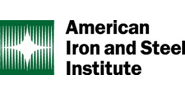
AISI: Navigating recent EPA rulemakings impacting steel
With Earth Day almost a month away, the world’s attention often turns to the manufacturing sector with calls for greener production processes.

With Earth Day almost a month away, the world’s attention often turns to the manufacturing sector with calls for greener production processes.
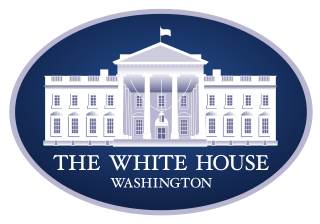
President Biden said on Thursday that it’s “vital” for U.S. Steel to remain an American steel company.

US senators have introduced the "Stop Mexico’s Steel Surge Act," which seeks to reimpose 25% Section 232 tariffs on Mexican steel imports.

In 2023, Mexico emerged as the largest trading partner with the United States—larger than Canada, and even China. The growth in trade with Mexico has been truly historic—Mexico has never captured the title of the largest exporter to the US. At $475 billion for the year, the value of US imports from Mexico exceeded that […]
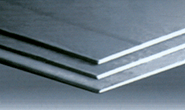
Antidumping and countervailing duty (AD/CVD) rates on imports of cut-to-length plate from two major South Korean producers may soon be adjusted.

The failure of the trade remedy actions against imported steel tin mill products (TMPs) continues to resonate. Cleveland-Cliffs and the United Steel Workers Union (USW) lost the case at the International Trade Commission (ITC) last month. A few days ago, the ITC released its final report explaining the decision against imposing antidumping and countervailing duties […]

The American Iron and Steel Institute (AISI) is urging Congress to strengthen US trade laws. Specifically, Kevin Dempsey, president and CEO of AISI, asked Congress to incorporate the provisions of the Leveling the Playing Field 2.0 Act in any trade legislation that moves forward this year.
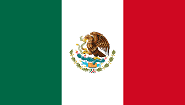
Mexico has said it will place retaliatory steel tariffs on the United States if the US acts to reimpose Section 232 on its neighbor, according to an article in Reuters.

This week, the World Trade Organization (WTO) ministerial conference convenes in Abu Dhabi, UAE. There are many issues on the WTO’s plate. The question is whether any resolution of these matters is likely or even possible. One of the most important issues is the future of the dispute settlement system, which has been rendered impotent […]
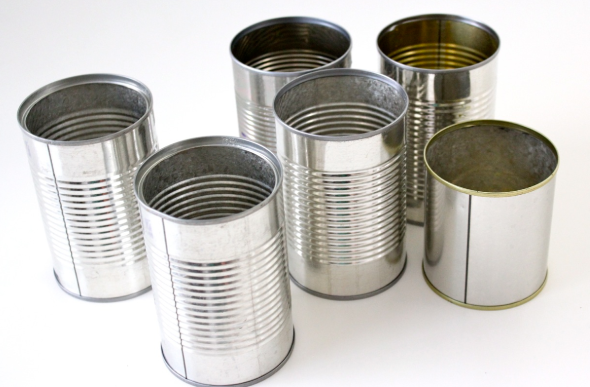
The International Trade Commission (ITC) voted earlier this month against imposing antidumping and countervailing duties on imports of tin mill products from four countries. When Cliffs filed trade cases on tin mill products in early 2023, the company claimed that the failure to get massive duties on imports would result in the closure of its mill in Weirton, W.Va. We don’t know the reasoning behind this decision, only that all four sitting Commissioners voted not to impose duties. We do know that Cliffs plans to close Weirton.

Cleveland-Cliffs Inc. announced on Thursday, Feb. 15, that it will indefinitely idle tinplate production at its mill in Weirton, W.Va.

Last week, steel consumers prevailed in a rare victory over US petitioners in trade cases on tin mill steel products. The US International Trade Commission (ITC) voted 4—0 that Cleveland-Cliffs, the sole remaining domestic producer of tin mill products (used to make containers such as “tin cans”) was neither injured nor threatened with injury by imports of competing products from Canada, China, and Germany. Imports from South Korea were found to be “negligible,” and the investigation on Korean imports was terminated.
At the final hour, the trade case investigating unfairly traded imports of tin mill products has been terminated.

Former President Donald Trump discussed, if re-elected, placing a 60%-or-more tariff on all Chinese imports in an interview with Fox News on Sunday.

I participated in the 35th annual Tampa Steel Conference last week, a conclave of steel producers, consumers, traders, logisticians, and (a few) trade lawyers. I participated in a panel discussion concerning challenges in managing supply chains in these troubled times. Things appear to be heading in the wrong direction in this field. Supply chains were shown to be vulnerable to pandemics in 2020 and 2021, and, in 2022 and 2023, to regional conflicts and weather slowing or stopping the free movement of goods through trade bottlenecks (the Suez Canal, the Panama Canal, the Bosporus, etc.)

Just like doing business in any part of the steel supply chain, there are risks and unknowns in trading steel. But trading companies play an important part, helping businesses navigate the risks and unknowns as they pop up.
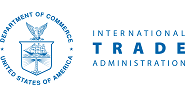
The Department of Commerce has adjusted the countervailing duty (CVD) rates on imports of corrosion-resistant (galvanized/Galvalume) steel from South Korea after an administrative review.

Trade is not the major focus of the campaigns for the 2024 elections, either at the presidential or congressional level. But it is there as a live issue for business. And last August, former President Trump suggested a 10% tariff on virtually all imports as a “ring around the collar” of the US economy.

December’s import level was slightly lower than an earlier license count had suggested, resulting in December marking the second-slowest month for imports in 2023.

The American steel market, including the stainless steel market, continues to face serious threats from subsidized and dumped imports resulting from foreign government policies creating an unfair playing field. It is no secret that China is a major culprit.
America is increasing a society run by regulations. Businesses and individuals deal with a host of agencies that control transportation, the environment, labor regulation, securities, competition and, of course, international trade; the list goes on and on. We are also a litigious society, dependent on neutral tribunals to resolve disputes. Who decides who is right […]
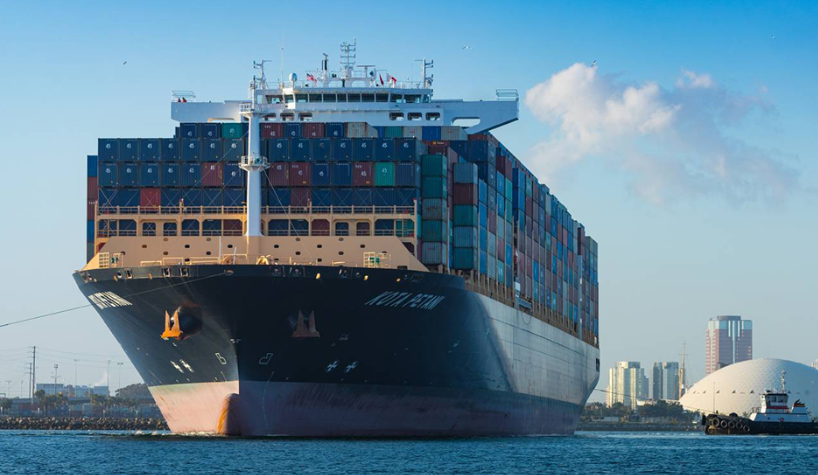
After three months of provocations, the US and Britain retaliated against Houthi rebels in Yemen, bombing several sites in North Yemen that assisted in Houthi attacks on international shipping in the Gulf of Aden and the Red Sea. The Houthi rebels are widely seen as Iranian proxies, launching attacks to provoke the West into attacking Yemen, leading to more attacks on shipping.
The US Department of Commerce will likely be lowering the antidumping duty (AD) rates on imports of welded steel pipe from the UAE.
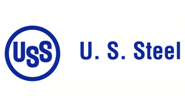
All good things, including but not limited to the Holiday Season, must come to an end. The corporate independence of U.S. Steel Corporation looks like it’s coming to an end also, despite objections from some politicians and the United Steelworkers union.
The Department of Commerce issued its final determination in the trade case involving tin mill products from a handful of countries.
The International Trade Commission (ITC) held a hearing on Thursday, Jan. 4, to consider arguments for and against the imposition of antidumping and countervailing duties (AD/CVDs) on tin mill products from a handful of countries. Both sides made compelling arguments.
After falling in November, steel imports appear to have bounced back to a five-month high in December.

The Mexican government has placed anti-subsidy (CVD) duties of almost 80% on cold rolled (CR) sheets from Vietnam, with the caveat that if the importer can prove the steel comes from a country other than China then it is exempt from the levy.

After meeting with Nippon Steel, the United Steelworkers (USW) union remains weary of the company’s proposed acquisition of U.S. Steel.
November’s preliminary count shows US imports falling, but to a lesser degree than an earlier license count had suggested, according to the latest government figures.